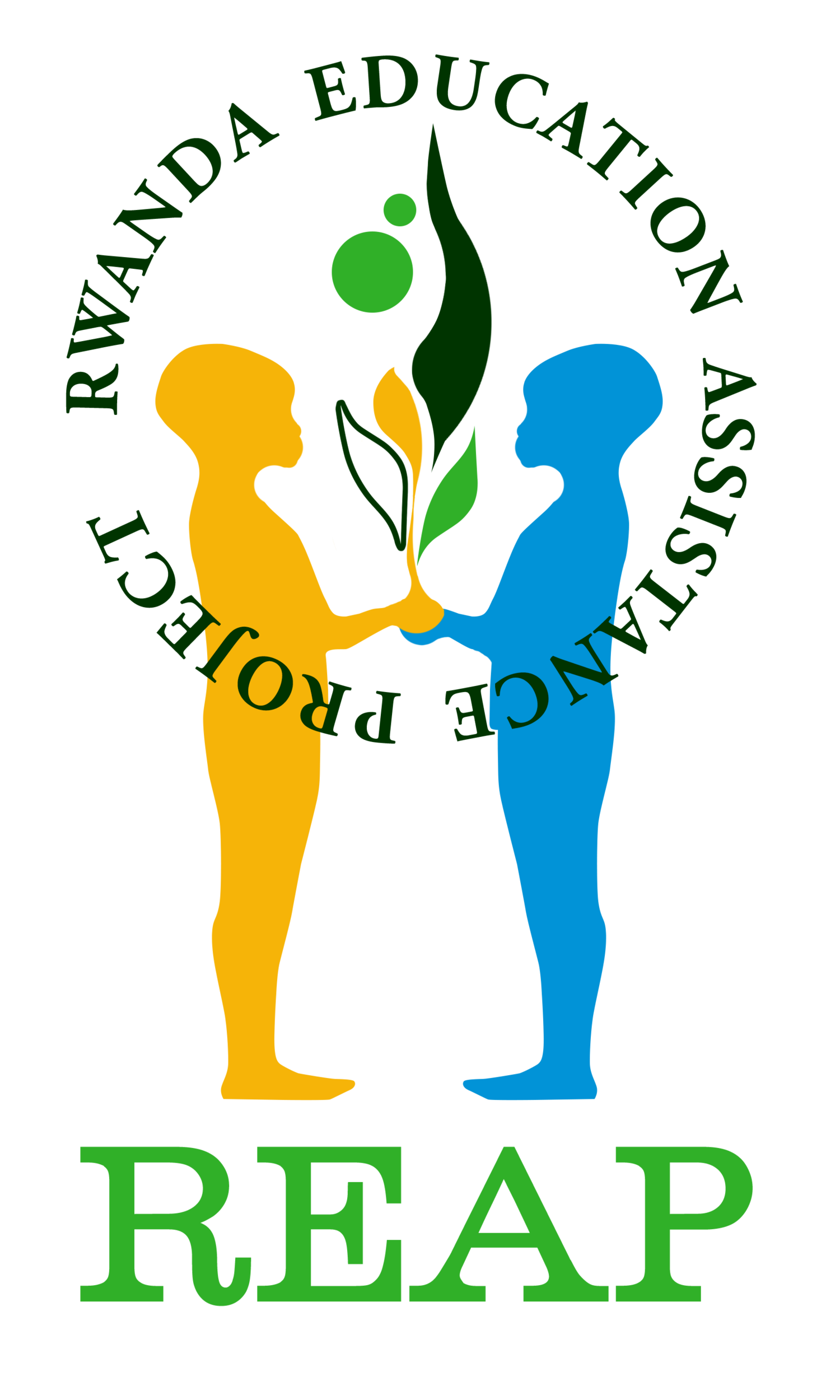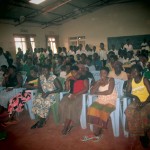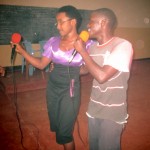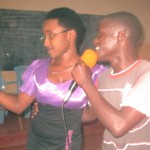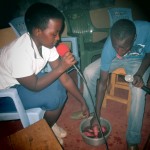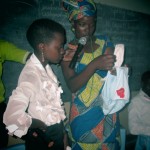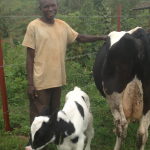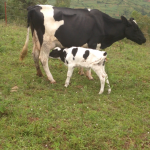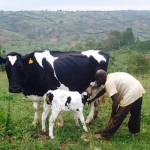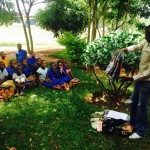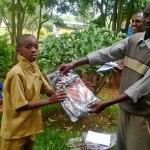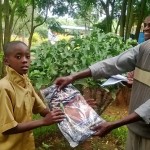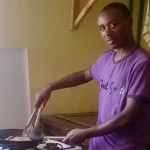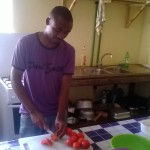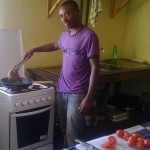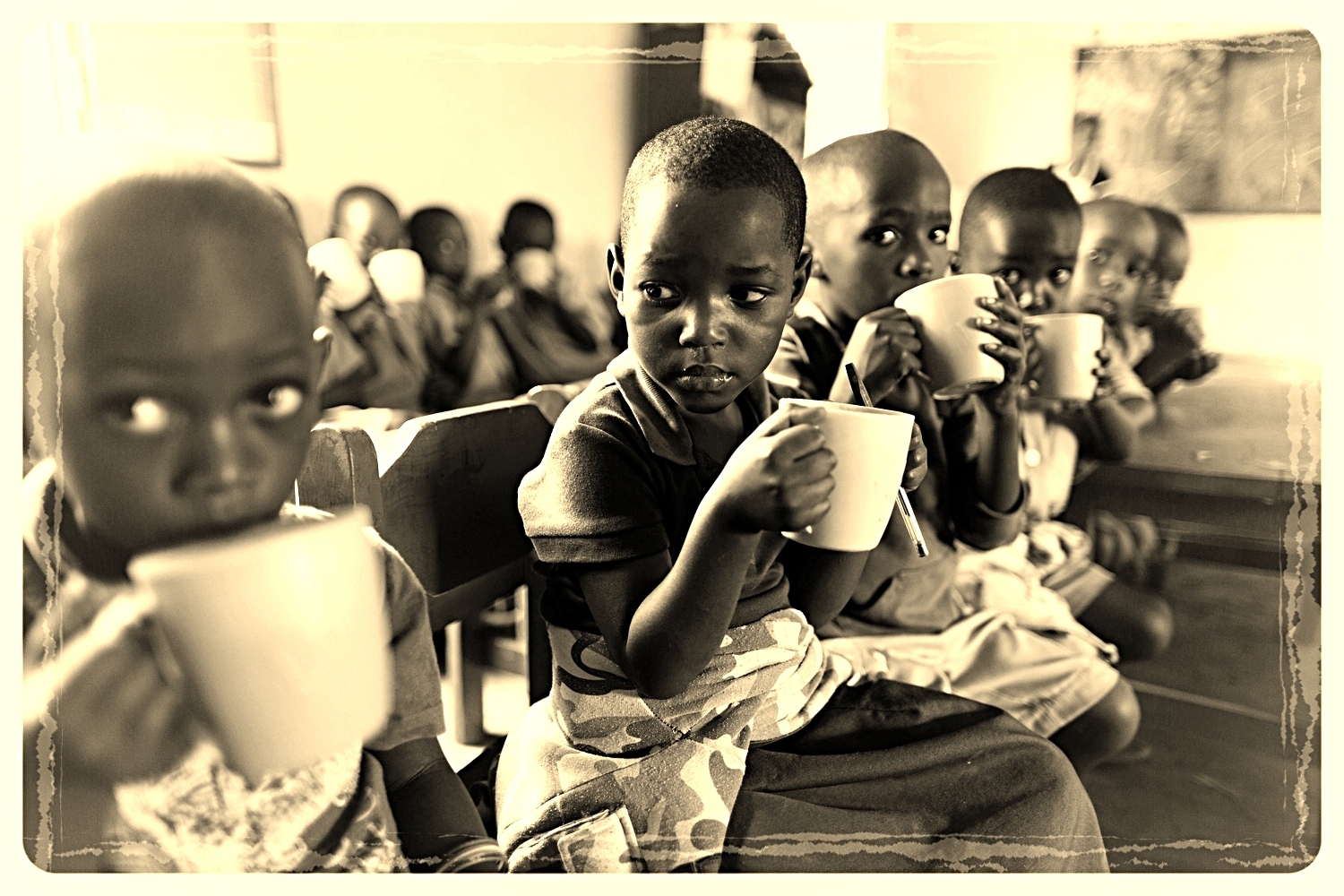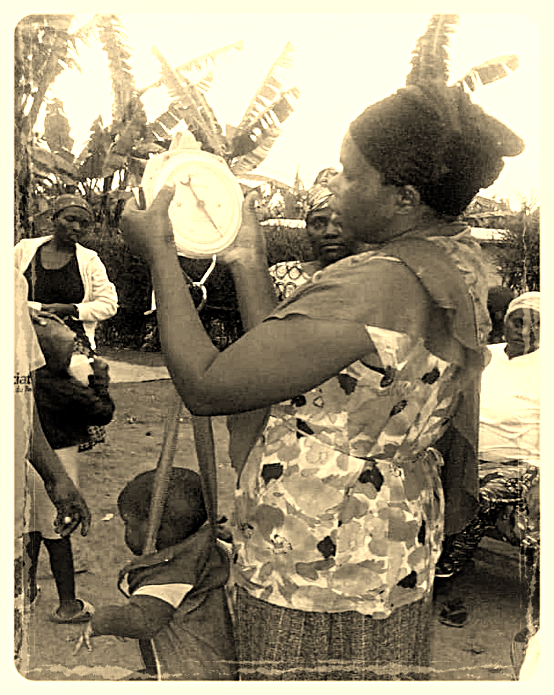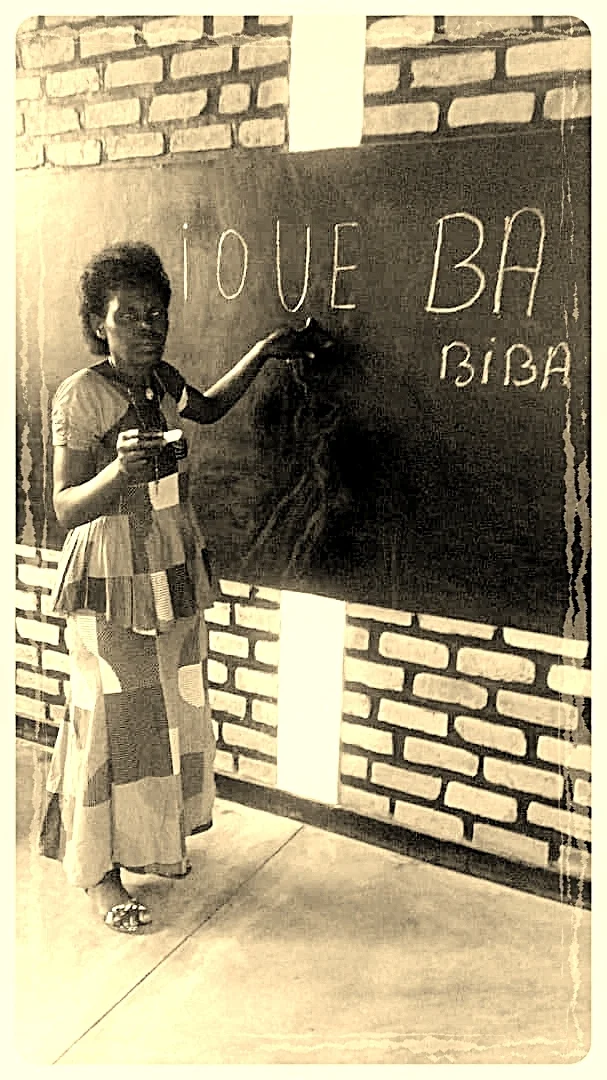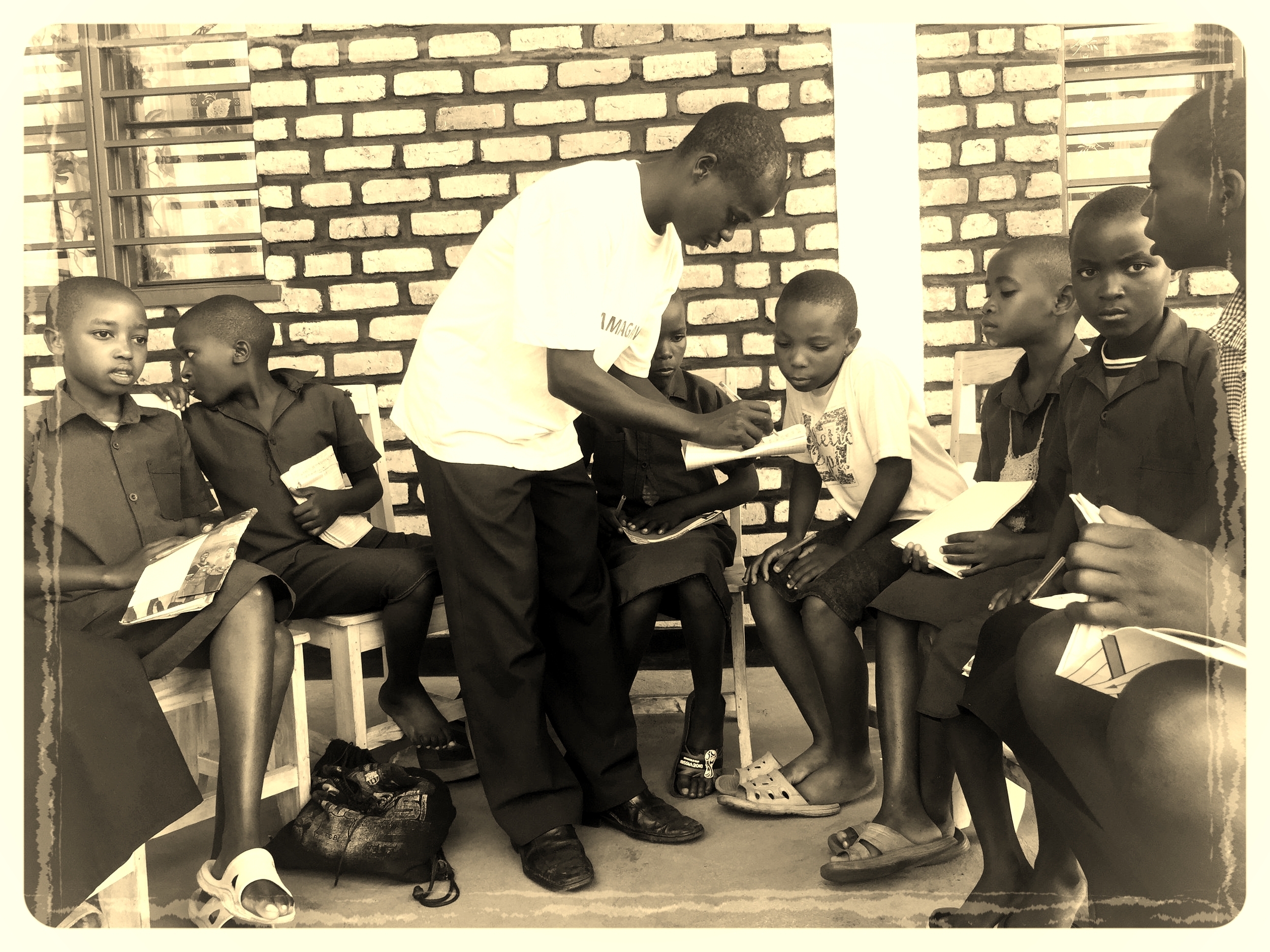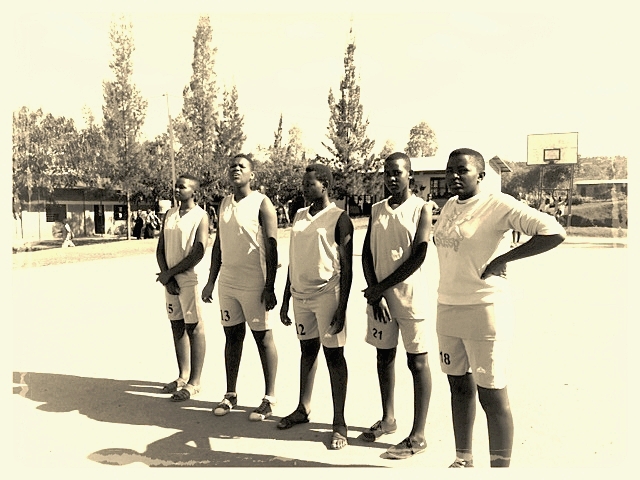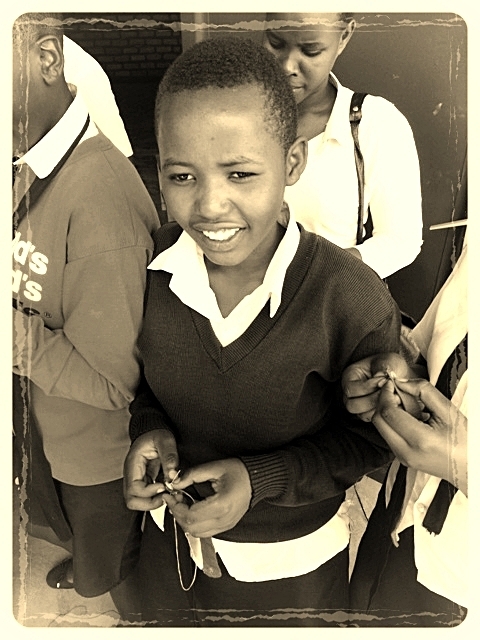This past July, REAP education experts and teachers from America traveled to Rwanda to the Duha School for the sixth summer. Over 3 weeks, these advocates were tasked with reviewing the newly established multimedia project and developing more efficient methods for multi-sensory English language learning. Along with Denys, the Duha school headmaster, our intervention team succeeded in integrating multimedia into the everyday teaching timetable. While the children predictably loved the new audio and video resources now at their disposable, teachers were even more excited by this new way of teaching.
The initial pilot project involves English classes from grade 3 to grade 9, and gives the children access to visual, audio and kinesthetic learning. Classes gather in the REAP funded community learning center where they enjoy the use of various technologies, such as laptops, speakers and a projector. With the help of our learning intervention expert Eugene, teachers are becoming more skilled at operating the technology and learning how to take advantage of the many merits of multimedia.
While lesson plans are prepared according to the National curriculum, teachers are also beginning to exhibit creative ways to relate the material to the children and their lives; the songs, videos and pictures only serve to reinforce and deepen the understanding. More than anything, the multimedia project serves to increase the efficiency of instruction, by reducing teacher dependency. The materials enable teachers and students to learn at the exact same time, while rotating supervision ensures much needed time for lesson preparation among the teachers that are not present in the community learning center.
At the end of the 2014 school year, a ceremony was held whereby all teachers who participated in the Multimedia project received awards. Two particularly outstanding teachers, Annonciatha in Primary and Mathias in Secondary, received special prizes for their adept use of technology in teaching their students.
Technology certainly has its uses for English instruction but teachers of other subjects also claim to have found multimedia useful: “not only does it help me embed content knowledge in the minds of my students but it also increases my IT expertise in teaching and learning” said Jean Paul NIYONSHUTI, a geography teacher in grade 7. As part of official policy from Rwanda’s education ministry, schools are encouraged to introduce technology into all aspects of learning. The government does not provide much assistance towards this broad goal, so the Multimedia Project is, as one teacher called it, “a godsend”.
